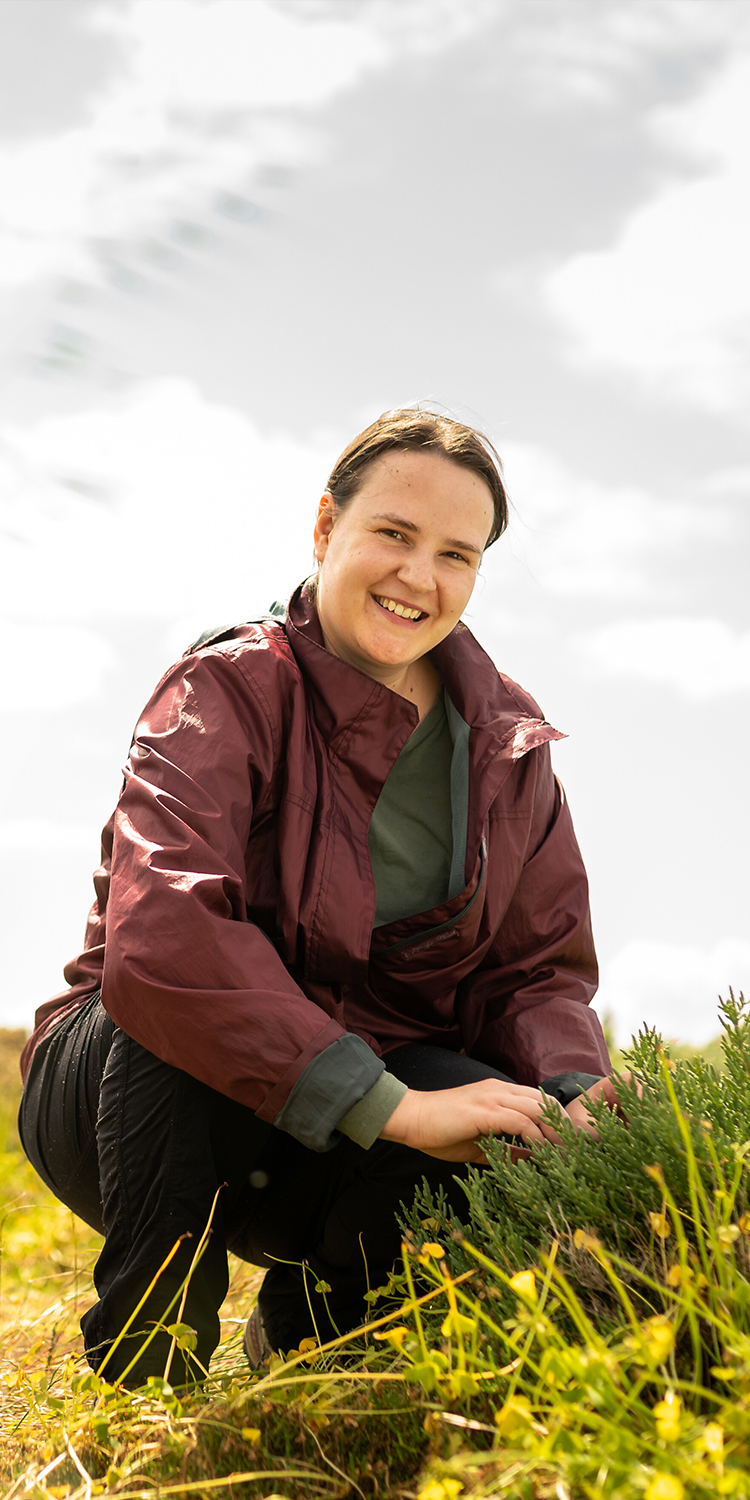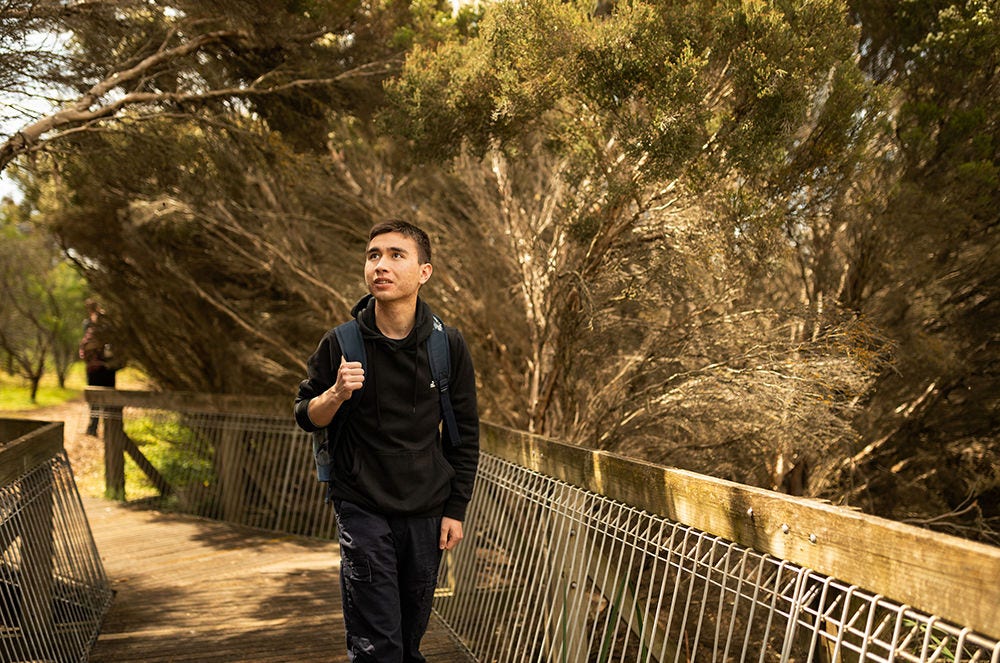Why Bachelor of Outdoor and Environmental Leadership?
Turn your love for nature and the outdoors into a rewarding career. Provide transformational outdoor experiences, promote healthy interpersonal relationships with others and nature. Inspire others to learn about our world and sustainable living. Become a conservation champion, lead eco-tourism initiatives or create programs that engage and protect our environment.
Explore exciting topics like biodiversity, ecology, coastal environments, sustainable ecosystems, adventure-based learning and outdoor leadership. Gain the knowledge and skills to build a greener, more connected community.
This unique program combines environmental science and outdoor leadership. You’ll be ready to pursue exciting roles in nature tourism, outdoor and environmental education, adventure therapy, or outdoor leadership.
Ready to lead the way in promoting a better world through the conservation of our planet?
Overview
When you study the Bachelor of Outdoor Environmental Leadership at Adelaide University, you’ll learn from Australia’s top outdoor and environmental educators. Our program is shaped by world-leading research in environmental sciences and management.
This degree equips you with essential skills and knowledge across health and wellbeing, environmental leadership, sustainable living and addressing social injustice. You’ll build the strategic thinking, scientific literacy and cross-cultural competence to make a real difference.
Get hands-on experience with over 400 hours of industry placement and fieldwork. You’ll have the chance to lead outdoor programs and take part in self-guided adventure trips, putting your skills and knowledge into action in real-world settings.
Graduate as a leader in outdoor and environmental education, adventure therapy and environmental interpretation. You'll be prepared for a range of careers, from guiding eco-tourism adventures to leading outdoor environmental education programs.









